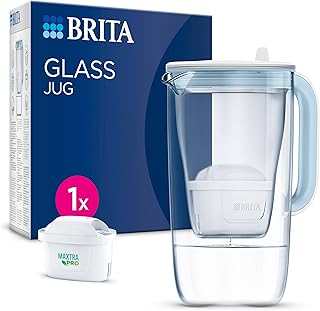Women in Bangladesh face significant challenges regarding access to water, sanitation, and hygiene. Masuma Begum, a resident of Chattogram, exemplifies the struggles many women encounter daily. With limited access to clean water sources, women and girls bear the burden of collecting water, impacting their time for education and income-generating activities. This disparity in water responsibilities between genders is a prevalent issue in Bangladesh.
The lack of adequate WASH facilities near households, combined with societal norms that perpetuate gender-based violence, exposes women to higher risks while fetching water. Families without safe drinking water often face frequent illnesses, further burdening women with the responsibility of caregiving. Moreover, the absence of gender-segregated toilets in various public spaces hinders women’s access to essential services, creating additional barriers for their well-being.
Women’s involvement in water governance is crucial for equitable policies that cater to the needs of both women and men. However, disparities persist, with women’s participation in decision-making processes remaining low. Inadequate menstrual hygiene practices and limited education on the subject contribute to adverse health outcomes for women and girls. Furthermore, women’s representation in water management organizations is disproportionately low, hindering their ability to influence key decisions.
Efforts to address these gender disparities in the WASH sector are essential for sustainable development. Initiatives like the Bangladesh Rural WASH for Human Capital Development project aim to empower women by providing improved access to water, sanitation, and hygiene services in rural areas. By offering financial support and education on menstrual hygiene, these programs seek to shift decision-making power from men to women, fostering more inclusive practices.
Recognizing the pivotal role women play in water resource management, it is imperative to elevate their voices in water governance. Studies show that women’s participation in water user associations leads to better enforcement of regulations and conflict resolution. By empowering women to take on leadership roles in water management committees, communities can benefit from diverse perspectives and more inclusive decision-making processes.
As global water scarcity concerns escalate, initiatives like the Bangladesh Rural WASH project offer a promising pathway towards gender-inclusive water management. By promoting women’s representation in decision-making bodies and providing access to resources, these efforts aim to create a more equitable WASH sector. Empowering women in water governance is not only essential for addressing immediate challenges but also for ensuring the sustainable management of water resources for future generations.
📰 Related Articles
- Survey Reveals Gender Disparities in Personal Hygiene Practices
- Women’s Labour Performance Challenges Gender Norms Through Art
- Women in Financial Advice Awards 2024: Celebrating Gender Diversity
- Why is “Women Fashion” Crucial in Pakistan’s Textile Sector Crisis?
- Water Main Burst in Lake Macquarie Sparks Urgent Response






